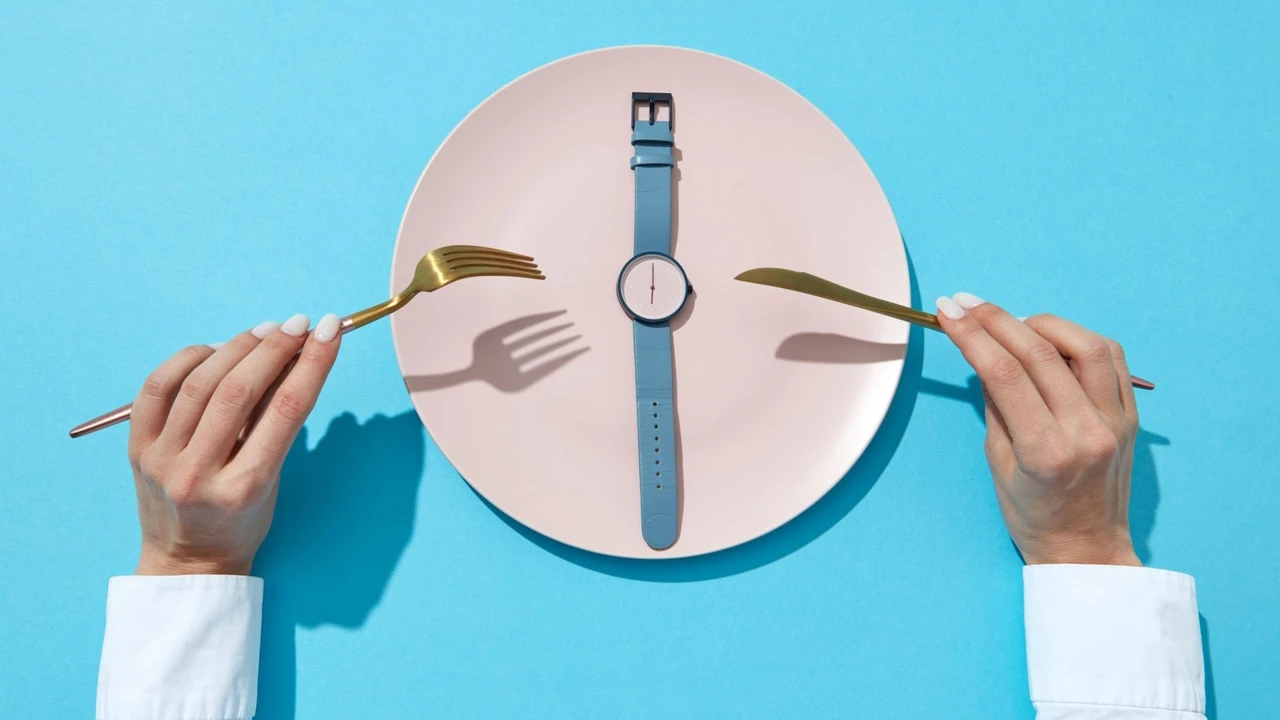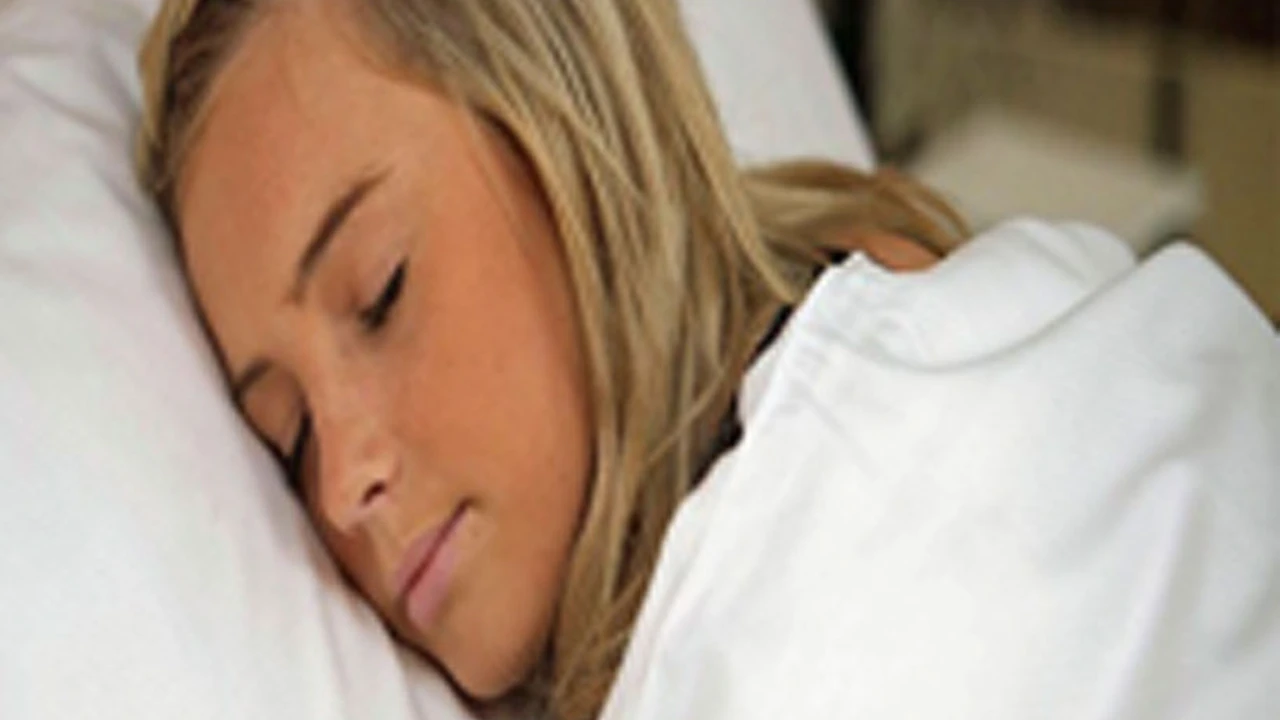Best Sleep Apps: Track Your Sleep and Improve It
Sample meta description.

Understanding the Need for Sleep Tracking Apps in Today's World
Hey there, sleep enthusiasts! Ever wonder why you're dragging yourself through the day, even after what you *think* was a full night's rest? Well, welcome to the club! In our hyper-connected, always-on world, quality sleep is becoming a rare commodity. That's where sleep tracking apps come in. They're not just fancy gadgets; they're tools that can help you understand your sleep patterns and make real improvements to your sleep hygiene. Think of them as your personal sleep detectives, uncovering the mysteries of your nightly journey.
How Sleep Tracking Apps Work: A Peek Under the Hood
So, how do these apps actually *work*? Most sleep tracking apps utilize your smartphone's accelerometer or microphone (or both!) to monitor your movements and sounds throughout the night. The accelerometer detects your tossing and turning, while the microphone listens for snoring or other sleep disturbances. Some apps even integrate with wearable devices like smartwatches or fitness trackers for more accurate data collection. The app then analyzes this data to generate a sleep graph, showing you the different stages of sleep you experienced (light sleep, deep sleep, REM sleep), as well as any periods of wakefulness. Pretty cool, huh?
Benefits of Using Sleep Apps: More Than Just Numbers
Okay, so you get a fancy graph. Big deal, right? Wrong! The benefits of using sleep apps go way beyond just seeing pretty visuals. Here's a taste:
- Identifying Sleep Problems: Sleep apps can help you pinpoint potential issues like sleep apnea, insomnia, or restless leg syndrome. While they're not a substitute for a doctor's diagnosis, they can provide valuable insights to share with your healthcare provider.
- Improving Sleep Hygiene: By tracking your sleep patterns, you can identify factors that are negatively impacting your sleep, like late-night caffeine consumption, inconsistent sleep schedules, or excessive screen time before bed.
- Optimizing Your Sleep Environment: Some apps even offer features like white noise generators, guided meditations, and smart alarms that wake you up during your lightest sleep phase, leaving you feeling refreshed and energized.
- Tracking Progress Over Time: Seeing your sleep data over weeks or months can be incredibly motivating. You can track your progress as you make changes to your sleep habits and see the positive impact on your overall well-being.
Top Sleep Apps Reviewed: Finding the Perfect Fit for You
Alright, let's get down to the good stuff! Here are some of the top sleep tracking apps available, along with their key features, pros, cons, and pricing:
Sleep Cycle Alarm Clock: The Smart Alarm Specialist
Description: Sleep Cycle is all about waking you up at the optimal time in your sleep cycle. It uses your phone's microphone to detect your movements and identify your light sleep phase. Within a 30-minute window before your set alarm time, it will gently wake you up when you're most receptive.
Key Features: Smart alarm, sleep analysis, sleep notes, integration with Apple Health and Google Fit.
Pros: Wakes you up feeling refreshed, easy to use, provides detailed sleep analysis.
Cons: Can be inaccurate if your phone isn't positioned correctly, requires a subscription for premium features.
Pricing: Free with limited features, Premium subscription for $29.99/year.
Ideal Use Case: For anyone who struggles to wake up feeling refreshed and wants a gentler, more natural wake-up experience. Especially helpful for shift workers or people with irregular sleep schedules.
SleepScore: The Science-Backed Sleep Analyzer
Description: SleepScore is developed with the help of sleep experts and uses sonar technology to track your sleep without requiring you to wear anything. It analyzes your breathing rate and body movement to provide a detailed sleep score and personalized recommendations.
Key Features: Sleep score, personalized insights, sleep coaching, integration with Philips SmartSleep headband.
Pros: Non-contact sleep tracking, science-backed recommendations, comprehensive sleep analysis.
Cons: Can be sensitive to environmental noise, requires a premium subscription for full access to features.
Pricing: Free with limited features, Premium subscription for $4.99/month or $49.99/year.
Ideal Use Case: For those who want a non-invasive sleep tracking solution and appreciate science-based insights and personalized recommendations. Good for identifying potential sleep disorders early on.
Pillow Automatic Sleep Tracker: The Feature-Rich Option
Description: Pillow is a comprehensive sleep tracking app that offers a wide range of features, including sleep analysis, audio recording, smart alarm, and personalized recommendations. It integrates seamlessly with Apple Watch for even more accurate tracking.
Key Features: Sleep analysis, audio recording (for snoring and sleep talking), smart alarm, sleep notes, integration with Apple Health and Apple Watch.
Pros: Feature-rich, integrates well with Apple ecosystem, provides detailed sleep insights, excellent audio recording capabilities.
Cons: Can be overwhelming with so many features, requires a subscription for full access.
Pricing: Free with limited features, Premium subscription for $7.99/month or $27.49/year.
Ideal Use Case: For Apple users who want a comprehensive sleep tracking solution with advanced features and seamless integration with their Apple devices. Particularly useful for tracking snoring or sleep talking.
Fitbit: The All-Around Fitness and Sleep Tracker
Description: While primarily known as a fitness tracker, Fitbit devices also offer robust sleep tracking features. They use a combination of accelerometer and heart rate sensors to track your sleep stages, estimate your sleep score, and provide insights into your sleep patterns.
Key Features: Sleep stages tracking (light, deep, REM), sleep score, sleep insights, smart wake alarm (on some models), integration with the Fitbit app.
Pros: Accurate sleep tracking, comprehensive fitness tracking features, long battery life, seamless integration with the Fitbit ecosystem.
Cons: Requires a Fitbit device, sleep tracking accuracy can vary depending on the device model, advanced sleep insights require a Premium subscription.
Pricing: Fitbit devices range from $79.95 to $329.95, Fitbit Premium subscription for $9.99/month or $79.99/year.
Ideal Use Case: For individuals who are already using Fitbit for fitness tracking and want to integrate sleep tracking into their routine. A good option for those who prefer a wearable device over a smartphone app.
Sleep App Comparison Chart: Making the Right Choice
To help you make a more informed decision, here's a quick comparison chart of the apps mentioned above:
| App | Key Features | Pros | Cons | Pricing |
|---|---|---|---|---|
| Sleep Cycle | Smart alarm, sleep analysis | Gentle wake-up, easy to use | Can be inaccurate, subscription needed for premium features | Free / $29.99/year |
| SleepScore | Non-contact tracking, sleep score | Non-invasive, science-backed | Sensitive to noise, premium subscription needed | Free / $4.99/month or $49.99/year |
| Pillow | Audio recording, smart alarm, Apple Watch integration | Feature-rich, integrates with Apple devices | Can be overwhelming, subscription needed | Free / $7.99/month or $27.49/year |
| Fitbit | Sleep stages, sleep score, fitness tracking | Accurate tracking, fitness integration, long battery life | Requires Fitbit device, premium subscription for advanced insights | Device cost: $79.95 - $329.95, Premium: $9.99/month or $79.99/year |
Beyond the App: Improving Your Sleep Hygiene for Better Results
Remember, sleep apps are just tools. They're most effective when combined with good sleep hygiene practices. Here are a few tips to help you get the most out of your sleep tracking experience:
- Establish a Consistent Sleep Schedule: Go to bed and wake up at the same time every day, even on weekends.
- Create a Relaxing Bedtime Routine: Take a warm bath, read a book, or listen to calming music before bed.
- Optimize Your Sleep Environment: Make sure your bedroom is dark, quiet, and cool.
- Avoid Caffeine and Alcohol Before Bed: These substances can interfere with your sleep cycle.
- Limit Screen Time Before Bed: The blue light emitted from electronic devices can suppress melatonin production.
Troubleshooting Common Issues with Sleep Apps
Sometimes, things don't go as planned. Here are some common issues you might encounter with sleep apps and how to troubleshoot them:
- Inaccurate Data: Make sure your phone or wearable device is positioned correctly. Calibrate the app if necessary.
- Battery Drain: Some sleep apps can drain your battery quickly. Try closing other apps running in the background.
- Connectivity Issues: Ensure your device is connected to Wi-Fi or cellular data.
- App Crashes: Update the app to the latest version or try reinstalling it.
The Future of Sleep Technology: What's Next?
The field of sleep technology is constantly evolving. We can expect to see even more sophisticated sleep tracking devices and apps in the future, with features like:
- AI-Powered Sleep Coaching: Personalized recommendations based on your individual sleep patterns and needs.
- Brainwave Monitoring: More accurate sleep stage tracking using EEG technology.
- Smart Home Integration: Control your lights, temperature, and other environmental factors based on your sleep patterns.
- Predictive Sleep Analysis: Predicting your future sleep quality based on your current habits.
Final Thoughts: Taking Control of Your Sleep
Sleep is essential for our physical and mental health. Sleep tracking apps can be valuable tools for understanding your sleep patterns and making positive changes to your sleep hygiene. Experiment with different apps and find one that fits your needs and preferences. Remember, a good night's sleep is an investment in your overall well-being!
:max_bytes(150000):strip_icc()/277019-baked-pork-chops-with-cream-of-mushroom-soup-DDMFS-beauty-4x3-BG-7505-5762b731cf30447d9cbbbbbf387beafa.jpg)





: Causes and Treatments.webp)
